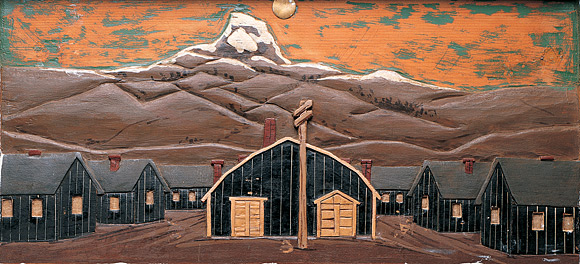Is the BCA silent on issues of social justice? For many, it might seem like there’s no Shin Buddhist public voice in the American discourse on Buddhism and social justice. We’ve been asked several times about this, so today is part one of a larger conversation about Shin Buddhism and social justice. We start by focusing on the historical and cultural contexts in which Shin Buddhist thought and practice develop both in Japan and in the U.S. In the U.S., of course, we need to be attentive to history of anti-Japanese sentiment and Japanese American internment that shapes how we talk about our tradition and engage with the world. The subtext, of course, is the question of whether our institutions are living up to a Buddhist ideal of equality and the extent to which Buddhism can be used and exploited to use and exploit others.
Some of the reference and resources mentioned in this episode:
Podcast: Play in new window | Download (Duration: 30:28 — 35.0MB) | Embed
Subscribe: Apple Podcasts | RSS


I’ve never considered BCA “silent” on issues of social justice. I’ve just assumed that the BCA allows each individual member to decide for themselves the best manner in which to engage with these issues. IMHO this is the wisest approach, since these issues can be polarizing and divisive, and the solutions are rarely as clear as we’d like them to be. In fact, I was led to Shin Buddhism largely because so many other American Buddhist organizations seem to espouse such a rigid and dogmatic approach to social issues. And those with differing viewpoints are often dismissed as being morally or mentally inferior.
I’m guessing that the BCA has a membership that is more ideologically diverse than many other American Buddhist organizations. That’s a good thing, IMHO, so I’d advise the BCA to be cautious when addressing social issues. It’s far too tempting to place oneself on a pedestal — which makes it very difficult to promote a doctrine of “radical equality”.